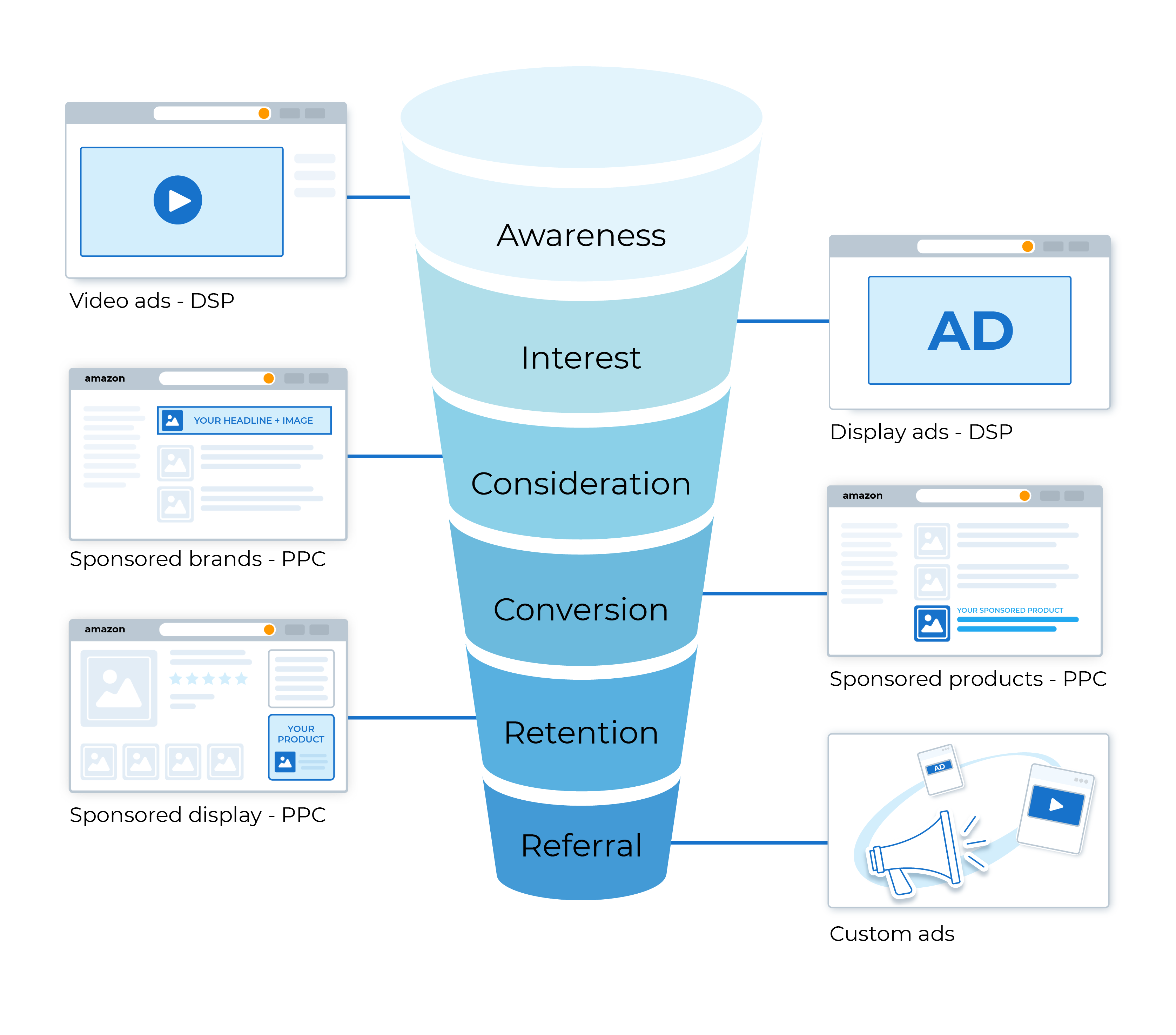
Christmas Tree Shops will undergo a major rebranding. This is after it was separated from Bed Bath & Beyond, its parent company. The company is a hybrid of a dollar retailer and an off-price one. It plans for 80 stores to double its annual revenue to close to one billion dollars by 2023. Marc Salkovitz, its executive chairman, bought the company in November 2020. There are many questions surrounding the rebranding. But here are some answers.
Symbolism of Christmas tree
It is a fun tradition to buy a Christmas tree. But what is the symbolism of this purchase? It may be more ancient than the tradition of celebrating Christmas itself. It is a tradition that people from Ancient Egypt, Greece, Germany and elsewhere decorate Christmas trees. Trees were historically a symbol of fertility and eternal youth. Because they lose their leaves in the autumn, deciduous plants represent the human life cycle. Evergreens, by contrast, have a much longer life cycle which shows the persistence of life and vitality.
Christmas trees used to be topped with a star or angel that symbolized the birth Jesus Christ. Nowadays, Christmas tree shops sell decorative garlands and ribbons to represent the family ties that have held them together for many years. The symbolic significance of the tree goes well beyond its religious meaning. Some people might find the whole process of buying a tree frustrating.
There are many meanings to the word "Christmas Tree Shop", however, the most popular being that it is the Nativity. People are always looking for a tree to decorate their homes during this time. They don't want to waste precious time and energy shopping for a tree that's too small or too big. Everyone should have the perfect Christmas tree. CTS is also used to send text messages to those who have more cultural knowledge.
In 16th-century Germany, the Christmas tree was associated first with Christmas. In Western Germany, peasants decorated Christmas trees to celebrate the Feast of Adam & Eve. This was December 24. The Christmas tree, itself, became very popular around the mid-1800s. The lights and decorations symbolize the light of God's spirit, the importance of knowledge, and the warmth of family love. Many Christians believe that red ornaments symbolize Christ's blood.
Christmas tree shopping at a Christmas Tree Shop
A Christmas Tree Shop will have a wide selection of Christmas trees to choose from. Traditional pre-lit trees can range from adorable minis to statement-making trees over 12 feet. You can choose from thin or full-flocked trees. These stores also sell home decor, such as kitchen ornaments. However, don't be deceived by the high price: there are also low-quality trees.
Christmas Tree Shops owns stores in enclosed malls. This includes the Holyoke Mall located at Ingleside, Massachusetts, and Colonie Center located in Albany, New York. It also runs express stores. These are smaller and more seasonal than Christmas Tree Shops. The Lynnfield Christmas Tree Shop location has a lighthouse theme which sets it apart from other Christmas Tree Shop locations.
Shopping for a tree, artificial or real

There are pros and cons to each, but there are important differences that you should consider when choosing between artificial or real Christmas trees. You will have more choices and options than a real Christmas tree, which will still look the same every season. A Canaan Fir, for example, can look very different from its green counterpart. Another option is to purchase a tree directly from the source, such as Making Memories Christmas Trees.
A real tree has an unquestionable aesthetic appeal, but it also has major environmental consequences. A real tree buyer's average age has fallen by four years. They are also more likely to live in urban areas than they are rural. Rocket Homes estimates that 39% of suburban residents own a tree, while only 25% of rural dwellers have one. It is up to each individual to choose which option looks best in their home.
While there are some advantages to both, some environmental groups recommend that you buy a tree. A tree purchased from a local farmer or tree seller can help to reduce the impact on the environment of cutting down trees. Also, by buying a real tree, you can save money and prevent less-than-perfect trees from going to the chipper. You can also give or donate the tree to a local shelter in desperate need.
A real tree doesn't require high carbon emissions and is better for our environment than artificial ones. Additionally, they support forests, so purchasing a real tree can help support these precious natural resources. According to the American Christmas Tree Association artificial trees can be as low as $65 and up to $176. Even though artificial trees tend to be more expensive than real ones they can last twice as long as real trees. They also don't have the appearance and feel of real trees. This is why it's important to consider their environmental impact.
Deciding whether you want a real or artificial Christmas tree is a crucial decision. According to British Christmas Tree Growers Association (7 million) trees are purchased annually in the UK. Many of these trees are Nordmann firs that were grown in the UK. Recent statistics show that nearly half of these trees are fake. However, this may be a falsehood. However, there are other factors to be considered. For starters, there are environmental benefits. Try to find a tree that is sustainable and environmentally friendly.
Cost of a Christmas Christmas tree in a Christmas tree shop
While many of us aren't accustomed to the cost of a Christmas tree, the price is still relatively low. The more traditional trees can be more expensive that the slimmer, elegant Christmas tree options available at a tree shop. Real trees are more delicate than artificial ones. While purchasing a real tree, you should snap off a branch to check for needles.
The cost to buy a live Christmas tree will depend on the type of tree and its height. Some trees are available for as little as $119. Most places offer free delivery. Although trees located in higher-end locations are more expensive than lower-end ones, they will offer you the additional benefits of delivery or decoration. Spend between $500 and $650 for a tree with a height of seven feet or greater.

The cost of a Christmas tree at a Christmas trees shop will likely be higher than you may be used to. In response to rising costs, retailers are increasing prices by 20-30%. Transportation costs and labor shortages will cause prices to rise. Prices will also go up due to a shortage of drivers. Although prices may seem high right now, it's always better to shop around for the lowest prices.
Christmas Tree Shops can be a great place for Christmas trees to be purchased. This discount store is specialized in seasonal goods and offers a great shopping experience. Although it was established in the Northeast, the company now has more than 80 stores throughout the country. You can find a Christmas ornament in New York City at these stores. There are many to choose from in terms of style and quality.
If you are looking to buy a Christmas Tree at a Christmas Tree Shop, ask about the tree’s history. Fraser fir is the most commonly found tree species. Canaan is a less common tree species and can be difficult to find. Both trees are beautiful but often people purchase too many. You can still find some lovely, smaller trees for under $20. At AA Christmas Trees on Coney Island, you can find a Charlie Brown tree measuring approximately one foot. These trees, also known as tabletops, measure between one- and three feet tall.
FAQ
What are the disadvantages and advantages of online shopping?
Online shopping offers many benefits to both consumers and retailers. The main benefit is convenience. People can shop anywhere they want. Because you don’t have to go into shops to shop, there are less restrictions on what you can buy. There are some disadvantages. Online shoppers don't always know what an item costs before they purchase it. This could cause them to spend too much. Customers may also feel more comfortable buying online from large-box stores as they are used to seeing the products in person. Customers who purchase something online, then decide not to keep it, won't be able to return the physical product. Additionally, brick-and mortar stores may be under pressure from online shopping because they could lose business to online rivals.
What if I want to buy clothes online?
Absolutely! It is actually much easier to buy clothing online. All major retailers offer free returns. You can simply print a label, and then drop it off in the mail.
But, you won't get a refund until the item arrives. If you aren't satisfied with the product for any reason, you will need to return it.
Are there other things I should be aware of when shopping for clothes online
Before you buy clothes online, there are many things that you need to know. First, make sure you know your size. This may seem obvious but many companies don't offer this information, so you might have a hard time guessing.
Remember to be aware of shipping charges. Shipping costs vary depending on what item you have ordered. Also, make sure you know exactly where your package is going. Some items ship directly from the manufacturer while others go through a third party warehouse. Delivery times can be affected by this.
Finally, read reviews carefully. There are plenty of bad experiences out there. Do not let another person's bad experience affect yours.
Statistics
- Your Online Purchases 79% of Americans purchased goods and services online in 2018, which is expected to exceed 90% in 2023. (meetfabric.com)
- A report from the U.S. Census Bureau found that in the first quarter of 2022, an estimated $250 billion was spent on retail e-commerce sales.1 (thebalance.com)
- Beyond that, you'll be liable for a 25% import tax. (makeuseof.com)
- According to the Federal Trade Commission (FTC), online shopping was the fourth most common fraud category for consumers as of February 2022.5 (thebalance.com)
External Links
How To
What are the safest online shopping methods?
If you want to shop online safely, safe online shopping is essential. It's important to know how you can shop at different sites without being scammed.
Continue reading if you're interested in learning more about buying online. This article provides all the tricks and tips you need to avoid falling for scams.
-
Do your research. Before you decide to shop online, it's essential to do your homework first. Look for reviews and customer feedback about the company that you are considering buying from. Ask friends for recommendations.
-
Compare prices. Compare prices between several sellers if you are unsure about the reputation of a particular store. Consider price comparison apps like Amazon Price Checker or Google Shopping. These tools enable you to determine which retailers have the lowest prices.
-
Watch out for red flags. If you are browsing product pages, look out for red flags. Fake sites often have misspelled words, grammatical mistakes, and other problems. They also often display incomplete products or sell counterfeit its.
-
Beware of popups. Some websites use pop-ups as a way to collect sensitive data such as passwords and credit card numbers. These pop-ups can be closed by pressing "escape" and choosing another browser window.
-
Ask yourself questions. Think about these questions as you browse a website. Do they offer the services I require? Can I trust the people behind the site?
-
Don't divulge any personal information. Unless you initiated a transaction, never give out financial information like your Social Security number or bank account number or credit card details via phone or email.
-
Avoid clicking on email links. It's easy to click a link in an e-mail and be taken to a phishing site. This type of fraud can only be avoided by opening emails from trusted sources, such as banks.
-
Use strong passwords. Strong passwords should contain letters, numbers, symbols. Your password should be kept secret from others and you must not share it.
-
Do not download files without permission. Never open attachments from unknown senders and always download files directly from the source. Never open attachments received from unknown senders. And if you receive an attachment that asks you to install software, delete it quickly.
-
Report suspicious activity. You should immediately notify your local police if you suspect your identity may have been stolen. You can also file a complaint with the Federal Trade Commission.
-
Protect your device. Make sure your computer has anti-malware protection. This could prevent hackers from accessing your private information.
-
Be aware of scammers targeting seniors. Seniors are more susceptible to scammers because they are less likely than others to be able to spot fake messages and websites.